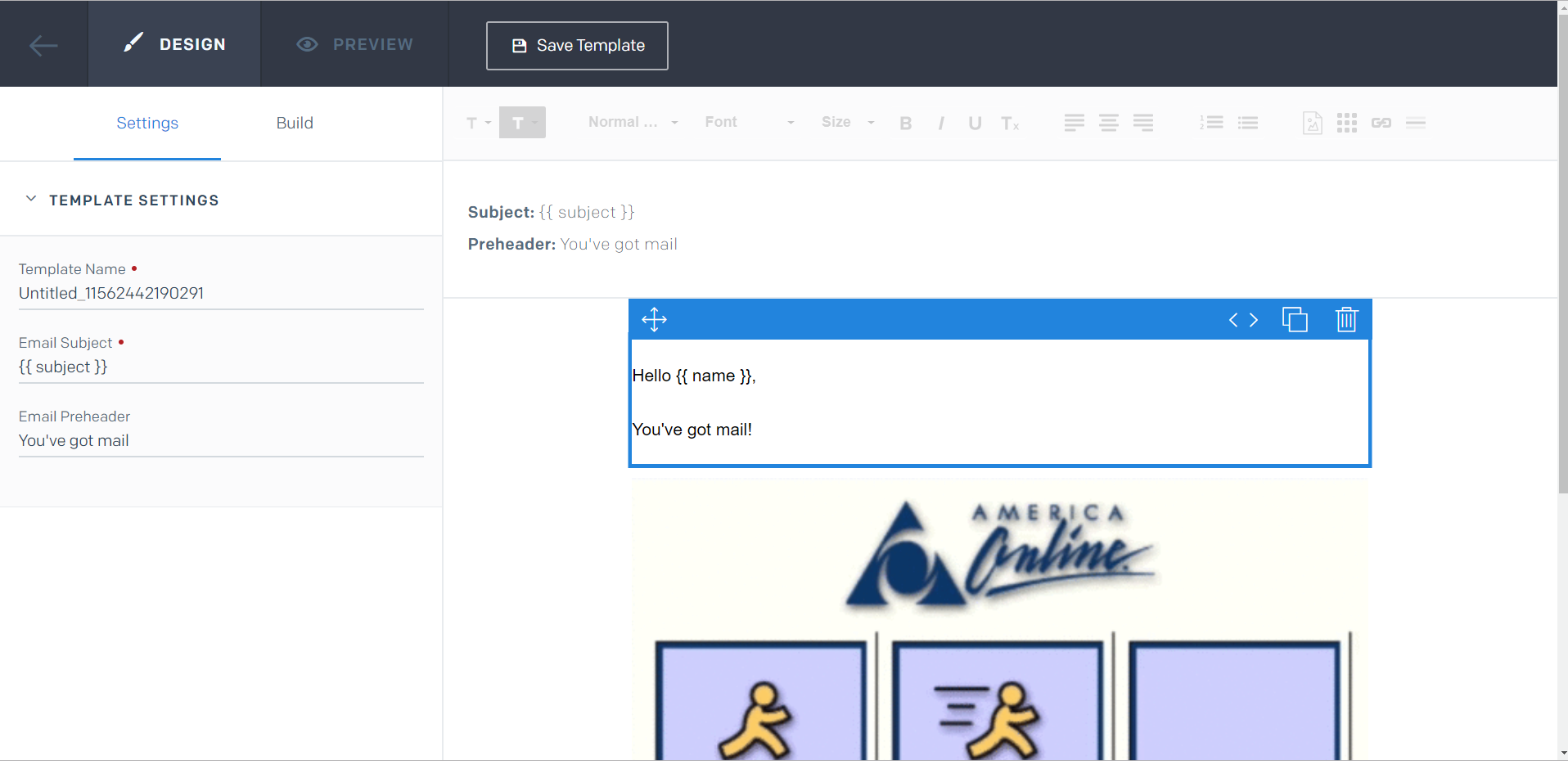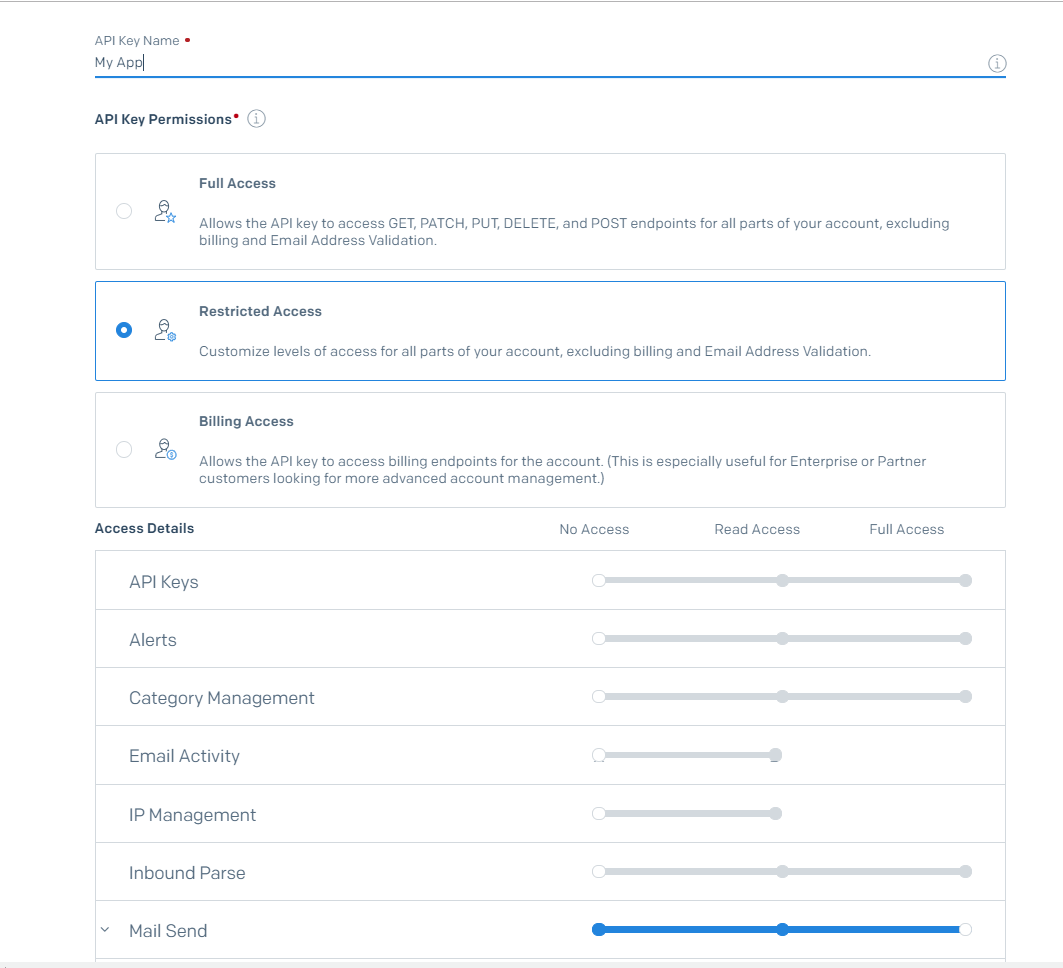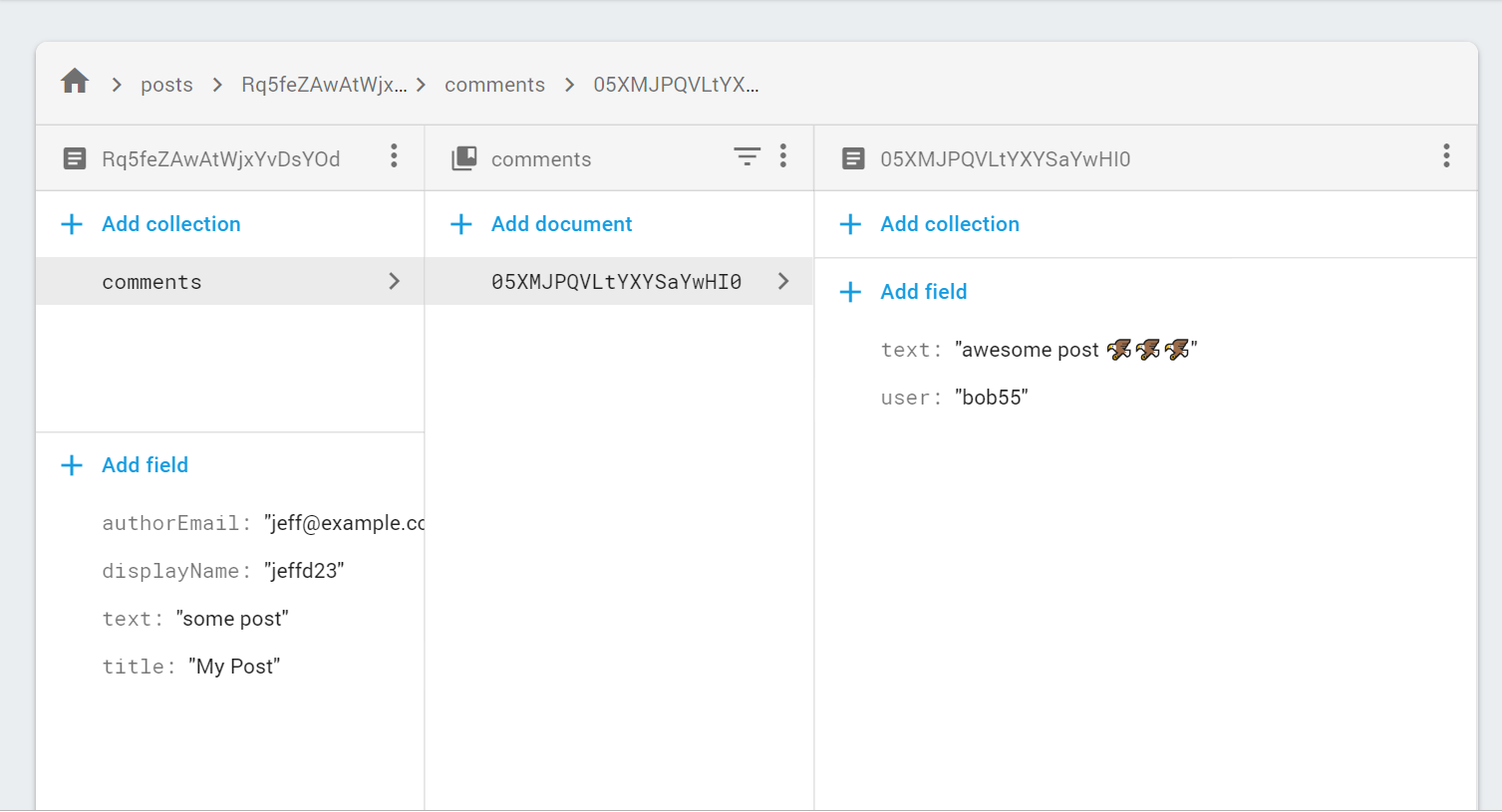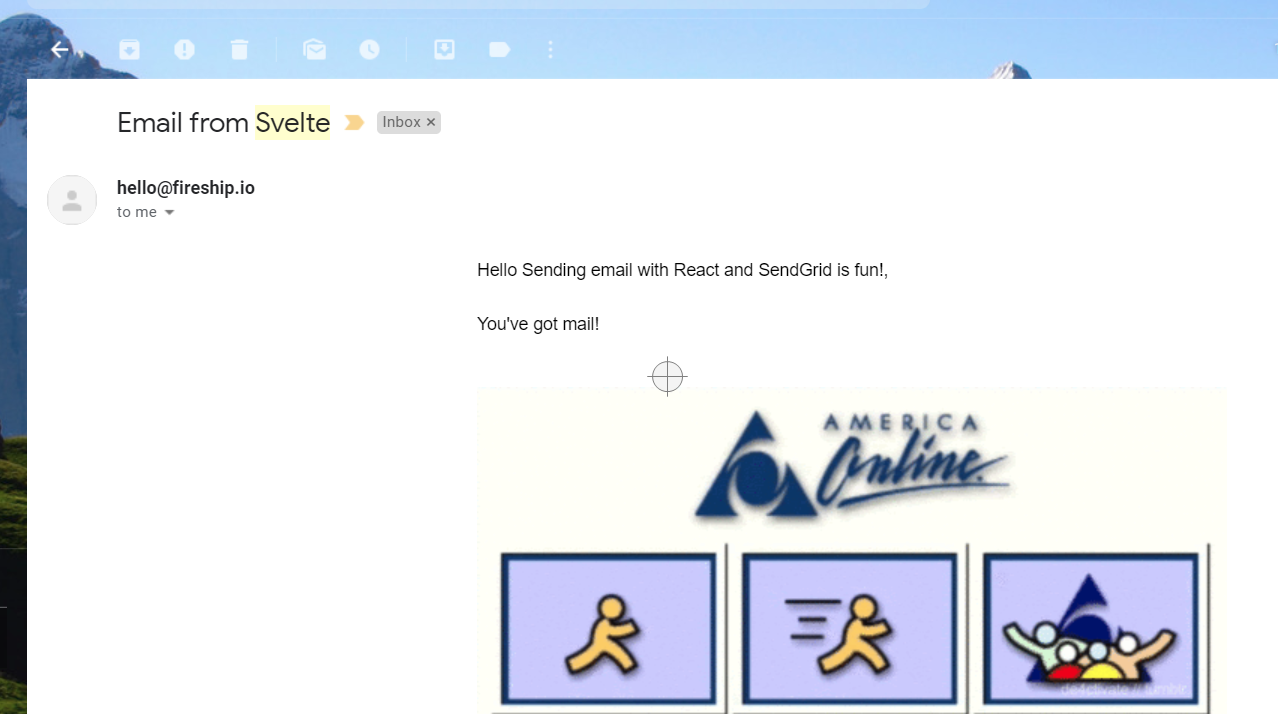SendGrid Transactional Email Guide
Transactional email is the art of communicating with users in response to events or conditions, and is an important consideration for the overall user experience (UX) of an app. One of the most popular email APIs is SendGrid (recetly acquired by Twilio). It is flexible, provides a NodeJS SDK, and starts with free tier for small projects. The following lesson will teach you how to send email from your app based on user-driven events with Firebase Cloud Functions.
Common use-cases for transactional email include:
- Send a welcome email after signup.
- Send a email via HTTP request (completely dynamic based on frontend logic).
- Send an email on a Firestore database update. For example, “user A” comments on a post from “user B”, triggering a email to user B.
- Send email on a specific time interval i.e. weekly account summary.
This post first appeared as Episode 71 SendGrid V3 on AngularFirebase.com and has been fully updated with the latest best practices.
Initial Setup
Initialize Cloud Functions
First, initialize Cloud Functions in your project with the Firebase Tools CLI. I recommend using TypeScript, but it is optional for this lesson.
npm i -g firebase-tools
firebase init functions
Install SendGrid
Email sending tasks can be handled with the SendGrid Mail package.
cd functions
npm install @sendgrid/mail
Create an Email Template
SendGrid provides a GUI for emailing templating that supports dynamic data interpolation and versioning. I highly recommending using transactional templates to organize your email. Make note of the template ID.

SendGrid transactional template with dynamic values
Add the SendGrid API Key to Firebase
Create a new API Key on SendGrid by going to Settings -> Account Details -> API Keys. It just needs to provide full access to the Mail Send API.

SendGrid API Key Settings
Now set the API key and template ID in the Firebase project with the following command.
firebase functions:config:set sendgrid.key=YOUR_KEY sendgrid.template=TEMPLATE_ID
Email Cloud Functions
The following Cloud Functions samples demonstrate how to send transactional email is response to common events, like user sign-up, HTTP, Firestore database writes, and a scheduled time.
Start by setting up your functions code with Firebase Admin and the SendGrid Mail Node SDK.
// Firebase Config
import * as functions from 'firebase-functions';
import * as admin from 'firebase-admin';
admin.initializeApp();
const db = admin.firestore();
// Sendgrid Config
import * as sgMail from '@sendgrid/mail';
const API_KEY = functions.config().sendgrid.key;
const TEMPLATE_ID = functions.config().sendgrid.template;
sgMail.setApiKey(API_KEY);
You may also want to disable strictNullChecks mode for this lesson.
{
"compilerOptions": {
// ...omitted
"strict": true,
"strictNullChecks": false, // <-- add this line
"target": "es2017"
},
}
Auth - User Triggered Events
The auth function will run when a new user is created. This will happen the first time they log in with OAuth or when a new user is created with email/password auth.
// Sends email to user after signup
export const welcomeEmail = functions.auth.user().onCreate(user => {
const msg = {
to: user.email,
from: 'hello@fireship.io',
templateId: TEMPLATE_ID,
dynamic_template_data: {
subject: 'Welcome to my awesome app!',
name: user.displayName,
},
};
return sgMail.send(msg);
});
HTTP - Call Functions Directly
In many cases, you may want to call functions from your frontend app with a data payload. Callable Functions make this task very simple because you can easily validate that the user is logged in with an email address before passing off a request to SendGrid.
You must return a JS object from a callable function that can be converted to JSON, so do NOT simply return the SendGrid promise because it resolves to non-serializable data.
// Sends email via HTTP. Can be called from frontend code.
export const genericEmail = functions.https.onCall(async (data, context) => {
if (!context.auth && !context.auth.token.email) {
throw new functions.https.HttpsError('failed-precondition', 'Must be logged with an email address');
}
const msg = {
to: context.auth.token.email,
from: 'hello@fireship.io',
templateId: TEMPLATE_ID,
dynamic_template_data: {
subject: data.subject,
name: data.text,
},
};
await sgMail.send(msg);
// Handle errors here
// Response must be JSON serializable
return { success: true };
});
Firestore - Database Triggered Events
Firestore provides an excellent mechanism for triggering events for transactional email. The data model below represents posts and comments. The function code will find the authorEmail when a comment is created under the post.

Firestore data model for posts/comments. Email will send when a new comment is created.
// Emails the author when a new comment is added to a post
export const newComment = functions.firestore.document('posts/{postId}/comments/{commentId}').onCreate( async (change, context) => {
// Read the post document
const postSnap = await db.collection('posts').doc(context.params.postId).get();
// Raw Data
const post = postSnap.data();
const comment = change.data();
// Email
const msg = {
to: post.authorEmail,
from: 'hello@fireship.io',
templateId: TEMPLATE_ID,
dynamic_template_data: {
subject: `New Comment on ${post.title}`,
name: post.displayName,
text: `${comment.user} said... ${comment.text}`
},
};
// Send it
return sgMail.send(msg);
});
Cron - Scheduled Events
The final function we’ll look at sends a batch of emails on a specific time schedule. If you want to dynamically schedule multiple emails, checkout the Firebase Task Queue lesson.
// Send a summary email to all users
export const weeklySummary = functions.pubsub.schedule('every friday 05:00').onRun(async context => {
const userSnapshots = await admin.firestore().collection('users').get();
const emails = userSnapshots.docs.map(snap => snap.data().email);
const msg = {
to: emails,
from: 'hello@fireship.io',
templateId: TEMPLATE_ID,
dynamic_template_data: {
subject: `Your Weekly Summary`,
text: 'Insert summary here...'
},
};
return sgMail.send(msg);
});
Deploy and Test
Deploy your functions. You can test them from the Firebase console, or follow one of the frontend framework integrations below.
firebase deploy --only functions

Result in Gmail
